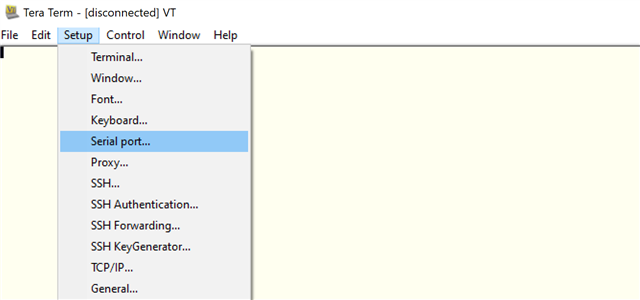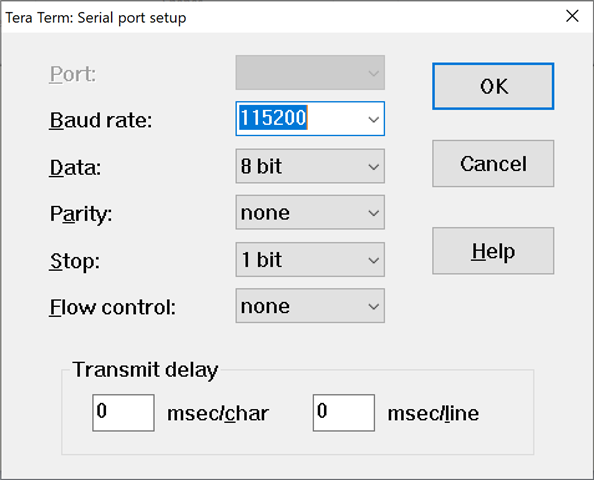Other Parts Discussed in Thread: UNIFLASH,
Hi,
Below is the steps followed to program QSPI flash using uniflash tool.
ERASING QSPI FLASH:
-------------------
> Power cycle the board and let it boot from qspi.
> Open ccs.
> launch the target configuration but don't connect it.
> right click on the core (a15) -> open gel files view -> right click in the gel/script section -> remove all. Basically, you have to connect the core without gel files.
> then connect the core and load and run <path\to\uniflash\root_folder>\processors\FlashWriter\idkAM571x\uart_idkAM571x_flash_programmer.out.
> You can see CCC in the serial console.
> Note down the port number and close the console.
> Open CLI from uniflash root folder and give below command - dslite.bat --mode processors -c COM4 -e 10000 -d 2 -o 0.
command line qspi flash IDK:
---------------------------
> cd C:\ti\uniflash_6.2.0
> dslite.bat --mode load --config=C:\ti\pdk_am57xx_1_0_17\packages\MyExampleProjects\MMCSD_idkAM572x_armTestproject\targetConfigs\IDK_AM572X.ccxml -f C:\ti\uniflash_6.2.0\processors\FlashWriter\idkAM572x\uart_idkAM572x_flash_programmer.out -n 8
> dslite.bat --mode processors -c COM19 -f C:\ti\pdk_am57xx_1_0_17\packages\ti\boot\sbl\binary\idkAM572x\qspi\bin\MLO -d 2 -i 1 -o 0
> dslite.bat --mode processors -c COM19 -f C:\ti\pdk_am57xx_1_0_17\packages\ti\boot\sbl\binary\idkAM572x\idk\led_TEST -d 2 -o 80000
When we are executing highlighted line of the above script in our custom board, it’s hanging and no response in tool. We tried to program same custom board MLO file flashing in EVM and it’s working fine.
Main hardware change between custom board and EVM is only the size of the flash.
EVM - S25FL256S
Custom Board - S25FL512SAGMFIR10
Do we need to do any modification for working with different flash in uniflash tool?
Processor – AM5729
PDK - pdk_am57xx_1_0_17
Regards,
K.A.Rajeshwar.



